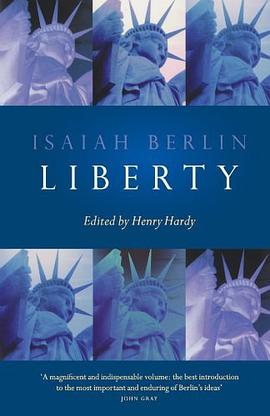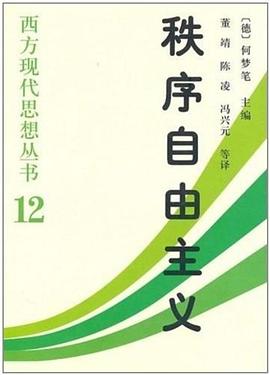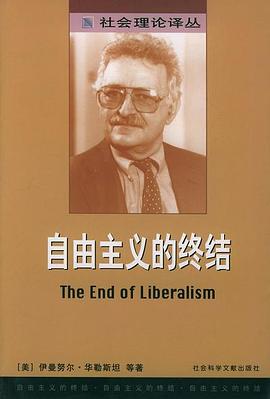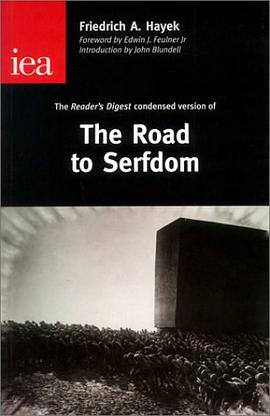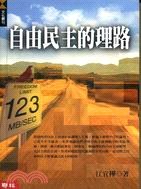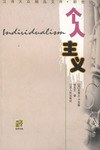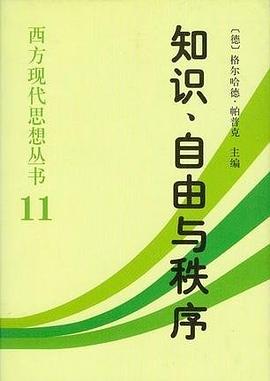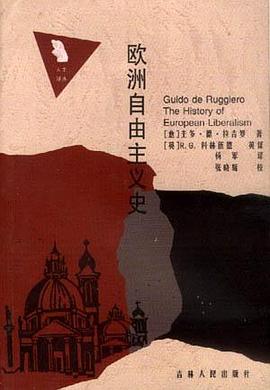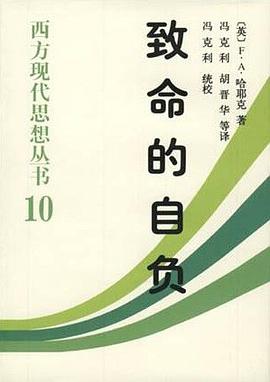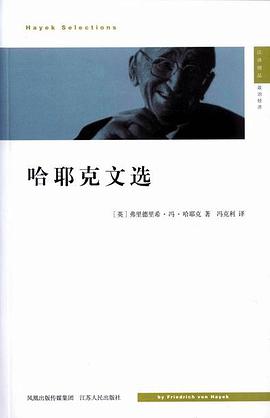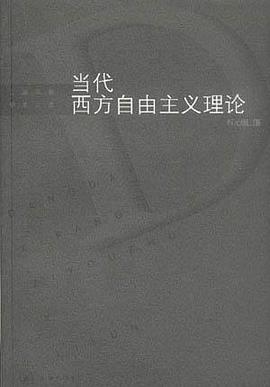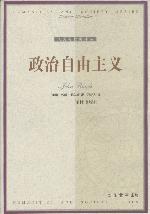
具體描述
Sir Isaiah Berlin was a philosopher and historian of ideas, regarded as one of the leading liberal thinkers of the twentieth century. He excelled as an essayist, lecturer and conversationalist; and as a brilliant speaker who delivered, rapidly and spontaneously, richly allusive and coherently structured material, whether for a lecture series at Oxford University or as a broadcaster on the BBC Third Programme, usually without a script. Many of his essays and lectures were later collected in book form.
Born in Riga, now capital of Latvia, then part of the Russian Empire, he was the first person of Jewish descent to be elected to a prize fellowship at All Souls College, Oxford. From 1957 to 1967, he was Chichele Professor of Social and Political Theory at the University of Oxford. He was president of the Aristotelian Society from 1963 to 1964. In 1966, he helped to found Wolfson College, Oxford, and became its first President. He was knighted in 1957, and was awarded the Order of Merit in 1971. He was President of the British Academy from 1974 to 1978. He also received the 1979 Jerusalem Prize for his writings on individual freedom. Berlin's work on liberal theory has had a lasting influence.
Berlin is best known for his essay Two Concepts of Liberty, delivered in 1958 as his inaugural lecture as Chichele Professor of Social and Political Theory at Oxford. He defined negative liberty as the absence of constraints on, or interference with, agents' possible action. Greater "negative freedom" meant fewer restrictions on possible action. Berlin associated positive liberty with the idea of self-mastery, or the capacity to determine oneself, to be in control of one's destiny. While Berlin granted that both concepts of liberty represent valid human ideals, as a matter of history the positive concept of liberty has proven particularly susceptible to political abuse.
Berlin contended that under the influence of Jean-Jacques Rousseau, Immanuel Kant and G. W. F. Hegel (all committed to the positive concept of liberty), European political thinkers often equated liberty with forms of political discipline or constraint. This became politically dangerous when notions of positive liberty were, in the nineteenth century, used to defend nationalism, self-determination and the Communist idea of collective rational control over human destiny. Berlin argued that, following this line of thought, demands for freedom paradoxically become demands for forms of collective control and discipline – those deemed necessary for the "self-mastery" or self-determination of nations, classes, democratic communities, and even humanity as a whole. There is thus an elective affinity, for Berlin, between positive liberty and political totalitarianism.
Conversely, negative liberty represents a different, perhaps safer, understanding of the concept of liberty. Its proponents (such as Jeremy Bentham and John Stuart Mill) insisted that constraint and discipline were the antithesis of liberty and so were (and are) less prone to confusing liberty and constraint in the manner of the philosophical harbingers of modern totalitarianism. It is this concept of Negative Liberty that Isaiah Berlin supported. It dominated heavily his early chapters in his third lecture.
This negative liberty is central to the claim for toleration due to incommensurability. This concept is mirrored in the work of Joseph Raz.
Berlin's espousal of negative liberty, his hatred of totalitarianism and his experience of Russia in the revolution and through his contact with the poet Anna Akhmatova made him an enemy of the Soviet Union and he was one of the leading public intellectuals in the ideological battle against Communism during the Cold War.
Liberty is a revised and expanded edition of the book that Isaiah Berlin regarded as his most important—Four Essays on Liberty, a standard text of liberalism, constantly in demand and constantly discussed since it was first published in 1969. Writing in Harper's, Irving Howe described it as "an exhilarating performance—this, one tells oneself, is what the life of the mind can be."
Berlin's editor Henry Hardy has revised the text, incorporating a fifth essay that Berlin himself had wanted to include. He has also added further pieces that bear on the same topic, so that Berlin's principal statements on liberty are at last available together in one volume. Finally, in an extended preface and in appendices drawn from Berlin's unpublished writings, he exhibits some of the biographical sources of Berlin's lifelong preoccupation with liberalism. These additions help us to grasp the nature of Berlin's "inner citadel," as he called it—the core of personal conviction from which some of his most influential writing sprung.
用戶評價
##【按語:伯林的寫作明澈而淵博,但整理綱要時居然就蒸發瞭。《自由論》是伯林的幾篇重要文章的結集:反對決定論辯護瞭自由選擇後,伯林在多元論基石上辯護和捍衛瞭作為現代文明標誌和自由主義之核心的消極自由的概念,同時暗示地將積極自由與自暴自棄和暴政聯係起來。另外,伯...
評分##花瞭將近十個小時纔認認真真地讀完這篇文章的英文版,期間摘錄瞭超過100個或者不認識或者雖然認識但意義模糊的單詞(英文,法文,拉丁文,德文,真是佩服伯林這信手拈來)。一方麵固然是我的英文還是不行,在銀行上個班雖然勉強夠用,但要研究深層次的論題時就露怯瞭;另一方麵...
評分##Practical Philanthropy
評分##中英一起看的。讀完瞭,大受啓發大受震撼,把自由的概念啊,形成啊,政體啊分析地好清楚啊!雖然有一些部分還可能不是很懂。讀完挺佩服John Mill的?摘一句不錯的話:“to realize the relative validity of one‘s conviction’s and stand for them unflinchingly is what distinguishes a civilized man from a barbarian.” 1958年10月31日,以賽亞•伯林在在牛津大學發錶瞭一篇影響深遠的就職演說,這就是著名的《兩種自由概念》(Two Concepts of Liberty)。該文隨後被印成單行本發錶。在這篇文章中,伯林區分瞭兩種自由的概念,即消極自由(negative liberty)與積極自由(positive liberty)。...
評分 評分 評分##讀Berlin就仿佛是一個英國老紳士在你對麵,語調冷靜剋製,但藏不住厚重的情懷。自由四論。還是要相信一些使人生之為人的原則,不管遙不遙遠。
評分相關圖書
本站所有内容均为互联网搜索引擎提供的公开搜索信息,本站不存储任何数据与内容,任何内容与数据均与本站无关,如有需要请联系相关搜索引擎包括但不限于百度,google,bing,sogou 等
© 2025 book.tinynews.org All Rights Reserved. 静思书屋 版权所有

